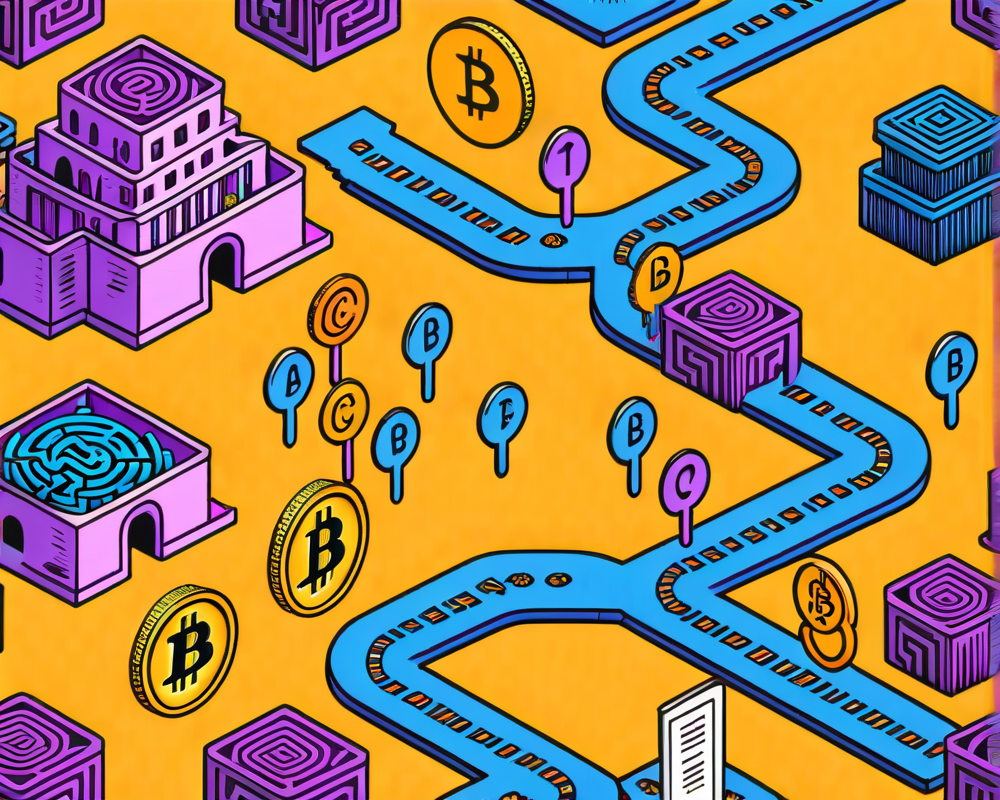What is the Inclusive Value Ledger?
The Inclusive Value Ledger (IVL), or as some call it, “Public Venmo,” is a proposed payment system that aims to create a state-wide peer-to-peer savings and payment platform in New York. Introduced by Assembly member Ron Kim and Senator Julia Salazar, the bill outlines a blueprint for enhancing financial accessibility among residents through a free and public payment system.
Why New York Really Needs This Bill
New York City faces significant challenges regarding financial inclusion, with over a million households identified as unbanked or underbanked. The IVL hopes to reduce these discrepancies, allowing residents to engage in local commerce without incurring hefty fees associated with conventional banking systems. Professor Robert Hockett, who crafted the original white paper for IVL, emphasizes that:
“Those who now either lack access to payment systems or who must pay extractive fees for such services now will have free access to them.”
Demystifying the Ledger: Is It Really Blockchain?
Now, you might be wondering: Does this mean everyone’s payments will be recorded on a blockchain? Well, not necessarily! While it’s tempting to think of “ledger” as synonymous with blockchain thanks to crypto fame, Kim and Hockett are keeping their options open. The term is broader than one might think. Hockett explains:
“ANY system of debit/credit accounting is tracked on a ‘ledger,’ be it digital or on paper.”
The Future of Decentralization
Kim envisions a decentralized future for the IVL, where involvement from government entities is minimal. Think of it as the ‘wild west’ of public payments! He asserts, “We could potentially create a very decentralized peer-to-peer system,” reassuring folks that governance won’t turn into Big Brother monitoring your avocado toast purchases.
Comparisons and Contestations: IVL vs. UBI
In a political landscape shifting towards Universal Basic Income (UBI), Kim is strident in asserting that IVL represents a superior model. By linking funds to a transparent public ledger, it avoids leaving people with just cash, which often finds its way into… well, who knows where? This system would ensure the money is aligned with local commerce, effectively rooting economic growth in community wellbeing.




